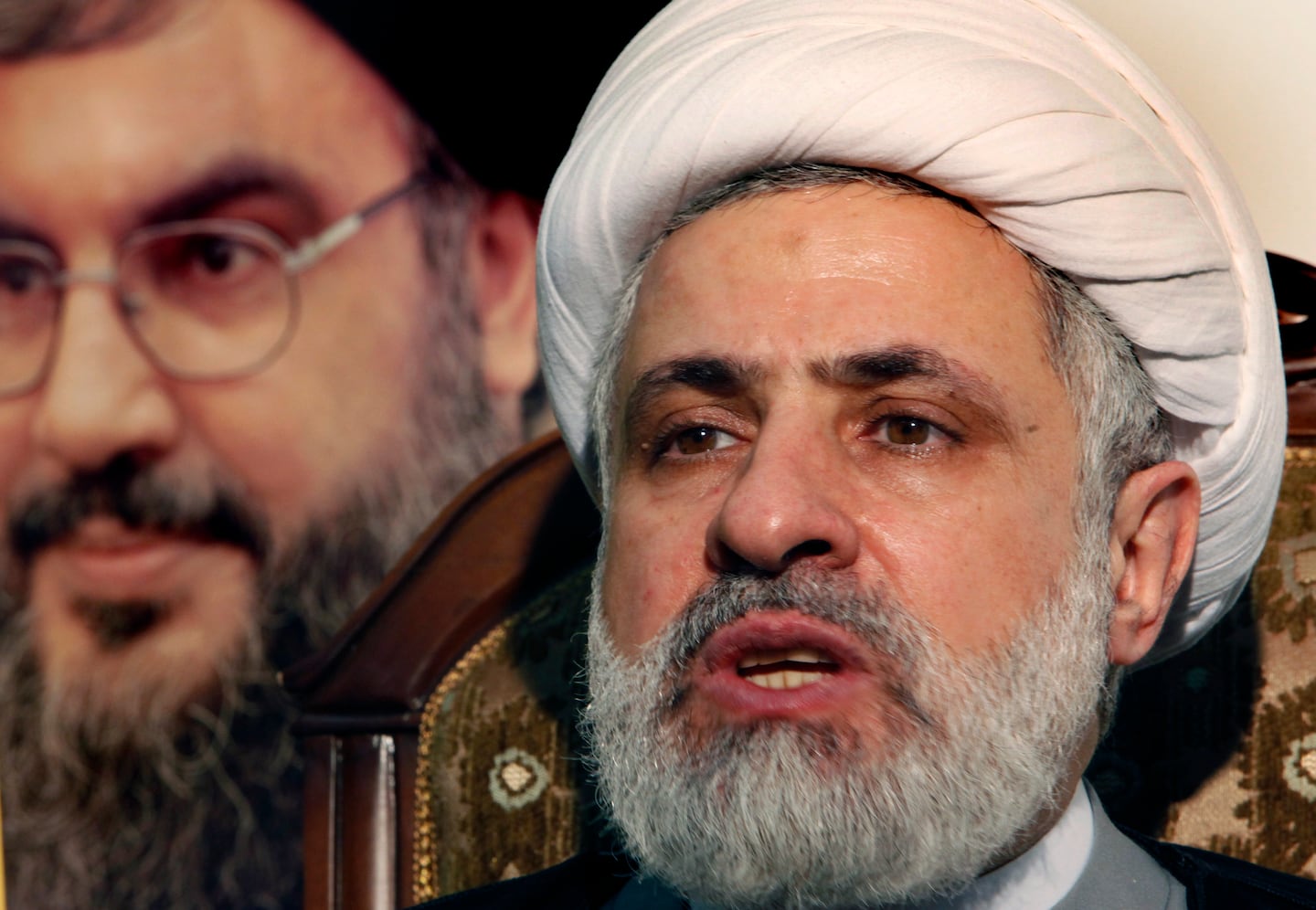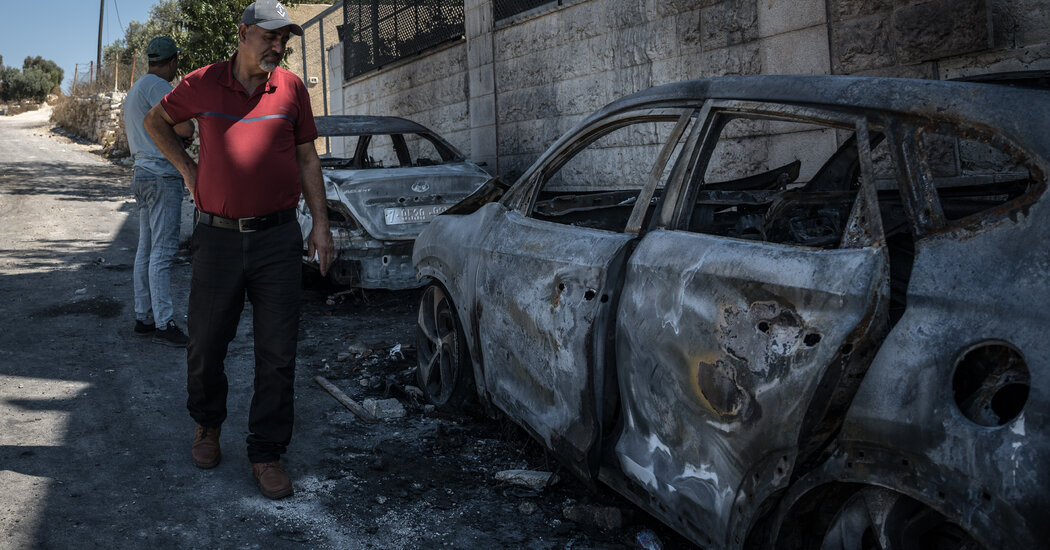Israel’s Defense Minister Yoav Gallant posted on X after the announcement about Kassem: “Temporary appointment. Not for long.” It was a clear threat that Israel will go after Qassem as it did earlier by assassinating top Hezbollah officials.
In a televised speech earlier this month, Qassem, who carries the clerical title of sheikh, claimed Hezbollah’s military capabilities were intact after Nasrallah’s assassination and warned Israelis they will only suffer further as fighting continues.
He has been sanctioned by the United States, which considers Hezbollah a terrorist group. His appointment came as no surprise since he had served as Nasrallah’s deputy for 32 years and had also long been Hezbollah’s public face, giving interviews to local and foreign media outlets. Also, Israel confirmed last week that Hashem Safieddine, who was also considered to be a candidate to lead the group, had been killed in an Israeli attack in Beirut’s southern suburbs weeks earlier.
“This is a message to Lebanon and abroad that Hezbollah has reorganized itself,” said Qassim Qassir, a Lebanese analyst close to Hezbollah.
Qassem’s appointment shows Hezbollah is running its own affairs and not — as some have reported — that advisers from Iran’s paramilitary Revolutionary Guard are now in charge of the group, Qassir added.
In an interview with the Associated Press in July, Qassem said he didn’t believe that Israel had the capacity — or had yet made the decision — to launch a full-blown war with Hezbollah. But he warned that even if Israel intended to undertake a limited operation in Lebanon that stopped short of a full-scale war, it should not expect the fighting to remain limited.
“No one knows the consequences of igniting the war in Lebanon, regionally and even internationally,” Qassem said at the time, speaking from the group’s political headquarters in Beirut’s southern suburbs.
Less than three months later, Israel expanded the war in Lebanon, leaving hundreds dead and more than 1.2 million people displaced. The invasion has caused wide destruction in southern and eastern Lebanon, as well as Beirut’s southern suburbs that are home to Hezbollah’s headquarters. Israeli troops engage in daily fierce clashes with Hezbollah in the border region as they try to push deeper into south Lebanon.
Hezbollah is still firing dozens of rockets and missiles into northern Israel and in recent days claimed an attack on an Israeli military base south of Tel Aviv. It also claimed responsibility for a drone attack that hit the home of Israeli Prime Minister Benjamin Netanyahu earlier this month. No one was hurt in that attack.
Born in 1953 in the town of Kfar Fila in southern Lebanon, Qassem studied chemistry at the Lebanese University before working for several years as a chemistry teacher. He simultaneously pursued religious studies and participated in founding the Lebanese Union for Muslim Students, an organization meant to promote religion.
In the 1970s, he joined the Movement of the Dispossessed, a political organization that pushed for greater representation for Lebanon’s historically overlooked and impoverished Shi’ite community.
The group transformed into the Amal movement, one of the main armed groups in Lebanon’s 1975-1990 civil war and now a powerful political party led by Parliament Speaker Nabih Berri. Qassem then joined the nascent Hezbollah, formed with support from Iran after Israel invaded Lebanon in 1982 and occupied the country’s southern region.
From 1991, Qassem served as the group’s deputy, initially under Nasrallah’s predecessor, Abbas Mousawi, who was killed by an Israeli helicopter attack in 1992.


